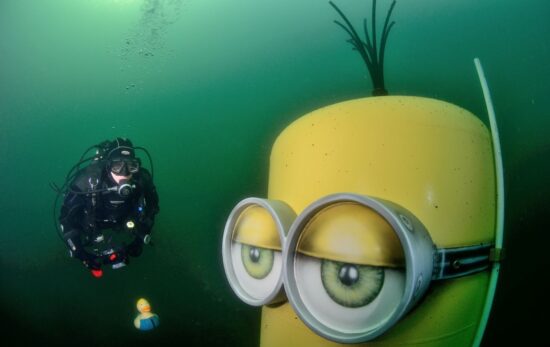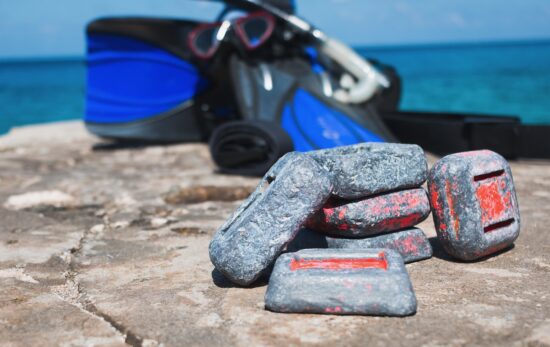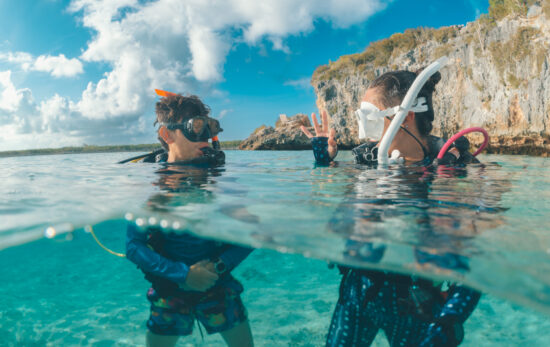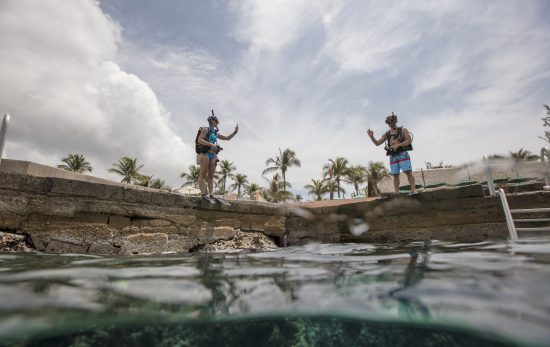What makes someone an experienced diver? The number of logged dives they have? The number of certifications? How many years have they been diving?
A PADI Professional certainly qualifies because of their extensive training. The same could be said about a PADI Master Scuba Diver™. But what about:
- Someone with 500 dives — all of them in calm, warm water?
- Someone with 200 dives — logged over 20 years?
- A dive professional — who hasn’t been diving in ten years?
I bring this up because, a few months ago, I was sharing stories with some other dive professionals. As with any job, you occasionally work with someone who makes things harder than they need to be. Please don’t misunderstand, working as a dive guide is one of the most fun jobs you can have; but every now and again you meet an inconsiderate customer.
Overconfidence Is at the Root of Many Divers’ Mistakes
Every year, Divers Alert Network (DAN) releases an annual report about diving injuries and fatalities. Year after year, the number one cause of incidents is diver error.
Listening to the dive guides’ stories, I noted overconfidence was a common theme. Divers with hundreds, even thousands, of dives ignored diving fundamentals such as:
- Skipping the pre-dive safety check.
- Using dive gear that hasn’t been serviced in many years. (11% of incidents reported to DAN are equipment-related)
- Diving with too much weight.
If the guides observed someone making a mistake, they would express their concern. In many cases, the diver would cite their experience as justification. For example:
- I don’t need to do safety checks anymore.
- This reg always leaks a little bit.
- This is how much weight I always dive with.
Unfortunately, when divers don’t follow fundamental scuba diving guidelines, they put themselves, their buddy and the dive guide at risk.
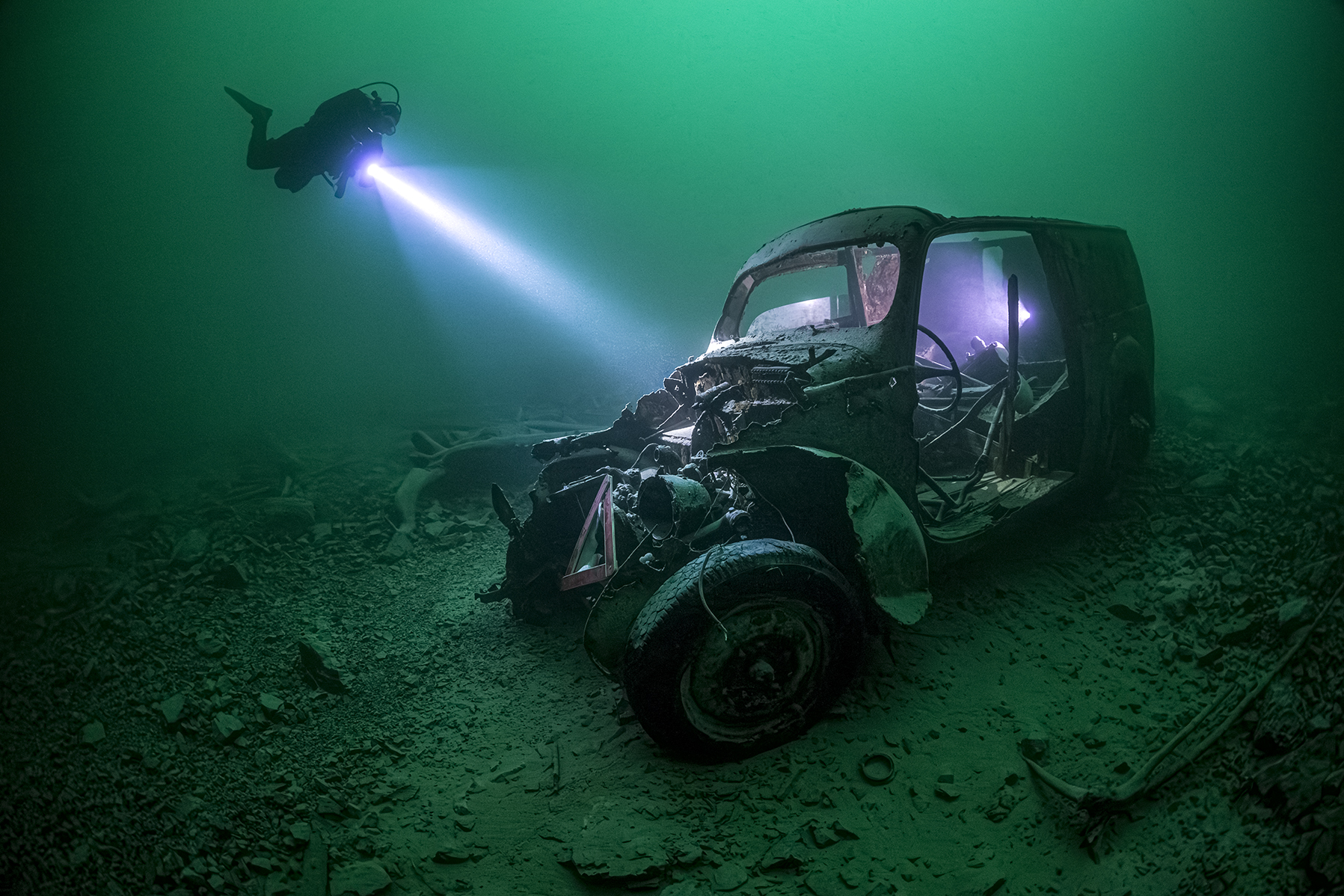
Other Mistakes Experienced Divers Make
As the conversation between the dive professionals continued, more issues surfaced. I’m embarrassed to admit, I was guilty of this next one.
Diving With the Mask Strap Too Tight
One of the dive guides (who was also a dive instructor) described working with a diver who wore their mask so tight that their nostrils smashed into a pig nose.
“They’d tighten the strap because their mask was leaking. But the problem isn’t that the mask strap is too loose. The mask leaks because they keep exhaling through their nose and breaking the seal.”
As she was talking I thought, “Oh no. It’s me.” Over the years, every mask I’ve owned leaked a little bit on every dive. I assumed it was because the mask strap just loosened itself sometimes or because of my Asian facial features.
I never achieved pig nose, but the dive guide’s comment made me realize — the problem wasn’t the mask. It was me. (Hi. I’m the problem, it’s me) On my next dive, and every dive thereafter, I made a conscious effort not to breathe out of my nose, and you know what? My mask stopped leaking.
Using the Low-Pressure Inflator (LPI) Deflator Button Exclusively
When you want to empty air from your Buoyancy Control Device (BCD), you have a few options on most BCDs:
- Hold the low-pressure inflator (LPI) above your head and press the deflate button.
- Pull down on the LPI hose to release air from the shoulder valve
- Tip forward and pull the rear dump valve at the bottom of your BCD to dump air from the rear valve (sometimes called the kidney dump)
Many divers only use the LPI above-the-head method. This is a problem for a few reasons. It only works if you’re in a head-up position with a fully extended LPI hose. If you forget to tilt to the right or don’t extend the hose fully, this method doesn’t work well – or at all.
It’s important to be familiar with – and use – multiple deflation methods. For example, if you’re diving in a horizontal position with your shoulders slightly lower than your hips, you can’t use the LPI to vent your BC because all the air will be down by your butt, not at your left shoulder. If one of your weight pockets falls out or you need to dodge a clueless diver coming at you with a camera, you should be familiar with where that rear dump valve is at the bottom of your BCD.
Skipping a Refresher After Not Diving for Years
If you haven’t been diving in a while, a scuba refresher is a fun and affordable way to ensure you remember essential scuba diving safety skills. You can refresh your knowledge online with PADI ReActivate® and schedule pool time with a PADI Professional. (Plus, the online portion of the PADI ReActivate program is free with a PADI Club membership.)
But how long is “a while”? It depends. Someone with fewer than 10 dives who hasn’t been underwater in a year or more should do a refresher, but a PADI Instructor who hasn’t been diving in a year is probably fine. I say, “probably”, because a refresher is never a bad idea.
Bottom line: If you suspect your skills are rusty or your body has undergone some changes, a refresher is always a good idea.
Choosing the Wrong Dive Destination
One of diving’s well-known rules is “never exceed the levels of your training and experience.” We teach this rule in the Open Water Diver course and repeat it in many courses thereafter.
Here’s the tricky thing: There are popular dive sites in Fiji, Indonesia, Palau and elsewhere with ripping currents. Just because a destination has warm water doesn’t mean every dive site is a placid coral garden. Unfortunately, you can’t tell just by looking at photos if the dive trip you’re booking is also going to be a cardio workout.
I’m not saying don’t go to Fiji/Palau/Indonesia. I’m saying: If you don’t like kicking against current, or you’re not as fit as you used to be, don’t book a dive trip that will test your endurance. All three countries offer diving opportunities for divers of all experience and fitness levels.
Videos can be somewhat helpful. In the video below, watch from about 13 seconds to 30 seconds. You’ll notice a diver’s hair being blown back and another diver’s bubbles going diagonal rather than straight up. About 10 seconds later, you’ll see some coral and marine life being blown around by the current. But, Indonesia is a massive country, and underwater conditions vary based on the area in which you’re diving.
Bottom line: Do your research about diving conditions in any destination before making a commitment.
To ensure you book the best resort or liveaboard itinerary for your preferred style of diving, contact PADI Travel®. Their friendly and experienced experts can help you choose the ideal destination for your interests, experience level and budget.
Dive More, Learn More, Repeat
As the saying goes, “A good diver is always learning.” This applies to new divers and experienced ones.
Although there isn’t a clear rule about what makes someone an experienced diver, we know what makes someone a safer diver. It’s someone who listens to the dive guide, gets their gear serviced, follows the rules and keeps their skills sharp.

